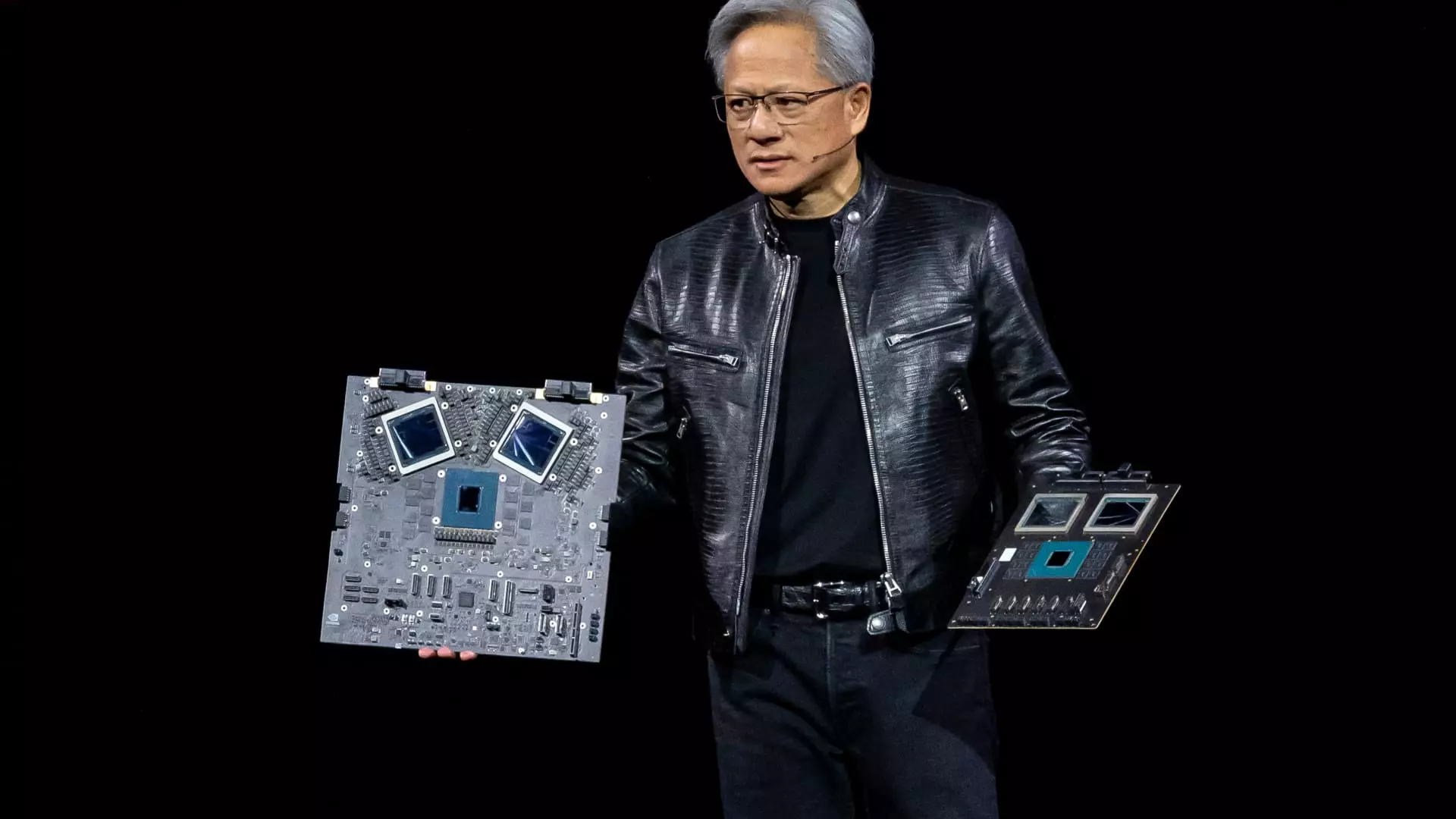The recent earnings reports of various semiconductor companies have shed light on the intricacies of the industry amidst the current boom in artificial intelligence. While some companies have exceeded expectations, others have disappointed investors, showcasing the varied impact of AI on different players in the sector.
Tech giants such as Meta and Microsoft are heavily investing in AI research and development, driving significant growth in capital expenditure. This has been particularly advantageous for Nvidia, whose GPUs are crucial for training large language models (LLMs) at the forefront of generative AI applications. However, Nvidia’s competitor, AMD, has entered the AI chip market with the MI300X, positioning itself for growth in data center GPU revenue.
Beyond the chip designers, chip manufacturing and tool companies like TSMC and ASML have also experienced positive outcomes from the AI boom. TSMC saw a substantial rise in net profit, while ASML witnessed a surge in net bookings, indicating increased demand for advanced chip manufacturing tools. Additionally, Samsung reported a significant increase in operating profit, reflecting the broader benefits of AI investment in the semiconductor industry.
However, not all semiconductor firms have reaped the rewards of the AI wave, notably Qualcomm and Arm. Despite their emphasis on AI applications, these companies have limited exposure to the technology compared to industry leaders like AMD and Nvidia. Arm’s reliance on consumer electronics, rather than data centers, has hindered its growth potential in the AI market, while Qualcomm’s chips are primarily used in smartphones, with minimal presence in AI-driven data centers.
Looking ahead, analysts suggest that companies like Arm and Qualcomm could benefit from the widespread adoption of AI in various devices. As the technology becomes more prevalent, there may be opportunities for these firms to expand their presence in the AI ecosystem. Qualcomm, for instance, has secured placements in Microsoft’s upcoming AI PCs, signaling a long-term strategic move towards AI integration.
The semiconductor supply chain is experiencing a period of transformation and disruption due to the growing influence of artificial intelligence. While some companies are capitalizing on this trend and seeing significant financial gains, others are struggling to establish a foothold in the rapidly evolving AI landscape. As the industry continues to evolve, adaptability and innovation will be key factors in determining the success of semiconductor firms in the age of artificial intelligence.

